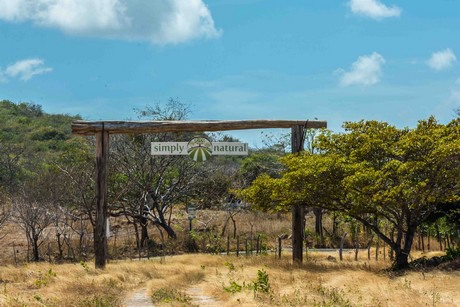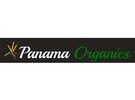
The producer argues that organic products, although apparently more expensive than conventional ones, are actually cheaper in the long run, since conventional producers do not take into account aspects such as health costs, soil degradation, etc., caused by the use of fertilizers and pesticides. He believes that consumers are increasingly aware of this and that will soon change the overall perspective on the cost of organic products.
Winstead acknowledged that Fruit Logistica 2016 was his first visit as an exporter to this fair. He was really excited about the European entrepreneurs' way of doing business and their awareness about organic farming, which is another reason to choose the European market, together with its growing demand.
Panama Organics is setting up 2,000 hectares for the production of organic mangoes (mainly Lady Victoria) in the province of Cocle, Panama, with an estimated yield of 30 tonnes per hectare, i.e., a total of 60,000 tonnes, of which the company sells as much as possible in the domestic market (which is not very large) and exports the rest. Its season runs from May to July, more or less at the same time as those of Costa Rica and Mexico, although the exporter does not believe they will be competing with other countries, as their variety does not exist anywhere else. "It is rather a niche market. Mexico or Peru grow other varieties," he argues.

This year, the season will be extended as a result of El Niño. While the impact of this weather phenomenon tends to be negative, this year it seems to have been beneficial for Panama Organics. "For other countries, El Niño has resulted in many rains; in Panama, the effect has been the opposite: we've have drought," explains the producer. The company is prepared for this, since it has access to many water resources, including groundwater wells and artificial lakes, so the drought has not harmed it, but actually lowered the relative humidity and removed all types of fungi and nematodes. "El Niño has extended our summer season by almost two months, until September, which has been rather positive, because we were prepared for it," he added.
As for the Asian markets, the producer prefers to take things one step at a time and strengthen the European market first. "At Fruit Logistica, we met many interested parties from the Middle East and other parts of Asia," he explains. "As more hectares planted with our variety become productive, we will have greater volumes available for any market that is interested. Now we want to be very cautious, because our philosophy is to promise little to accomplish much," he admits, adding that they prefer to learn the peculiarities of each market before rushing in headlong. "We do not expand fast, but we do it properly."

The transit time of the company's mangoes from Panama to the port of Rotterdam, one of the main gateways to Europe, is 14 days, half the time of most mangoes. For other countries, where it is impossible to reduce transit times in this way, they make use of air freight.
Because of the high export standards, the best fruits are intended for the fresh market and the rest for processing; however, the mangoes require a delicate handling process. "If, during the harvest, a drop of sap falls on a mango, a stain remains and because of this you have to sacrifice a fruit that is perfectly suitable for the fresh market and sell it for processing," he adds. The company has its own facilities for processing. "We have quick freezing (IQF); we also produce pulps and purees and dehydrated mangoes," states Winstead. "It is our great industry and one of our biggest customers is the United States through juice companies; a growing trend on a global scale," he concludes.




 More information:
More information:




 More information:
More information: